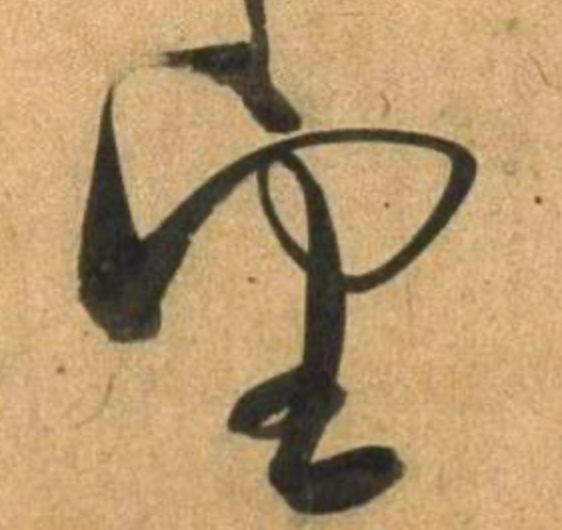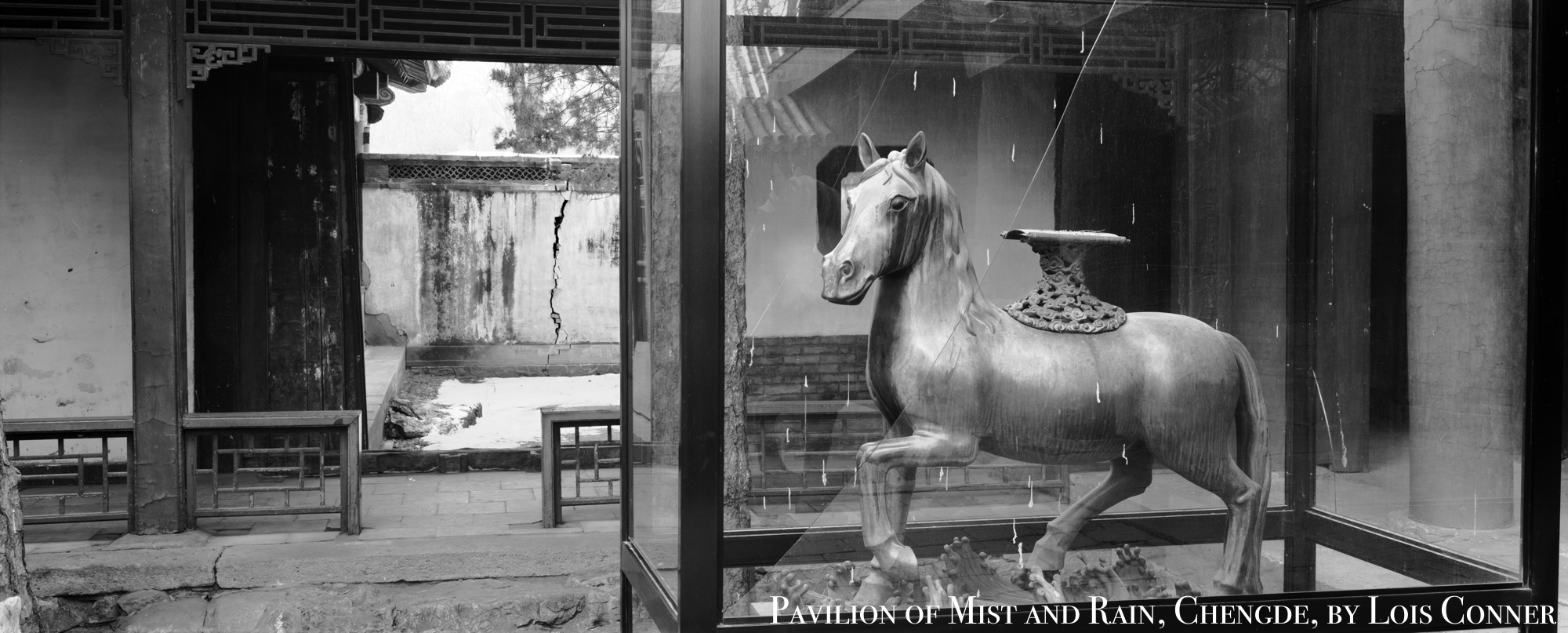Empires of Tedium
有沒有希望
The uplifting message of We’re Not Going Back—Or, Are We?, an essay by John Pavlovitz reproduced here as part of the series America’s Empire of Tedium — Trump Redux 2024, is as vital as it is familiar. In his reflections on the 107 days of the Harris-Walz presidential campaign of 2024, Pavlovitz quotes a friend:
I’ll give thanks for seeing the very best of what humanity can do when it is aligned for a purpose that transcends all the superficial demarcations and delineations we usually imagine are important.
People of a certain generation are sure to have experienced similar moments of hope and possibility. Some were short-lived others sustained. Some found expression in demonstrations or election campaigns, others are a feature of sustained civil activism or personal advocacy. In China, joyful mass protest marked the civilian uprising in Beijing and dozens of other Chinese cities from mid April to early June in 1989. For younger people, the White Page Protests of October 2022 were another such moment (see The Persecution of Teacher Li, 16 May 2024).
Next year marks three decades since the The Gate of Heavenly Peace, an account of the 1989 protests, premiered at the New York Film Festival. Carma Hinton and Richard Gordon of the Long Bow Group directed the film and I was the main script writer and academic adviser to the project. We decided to finish our account of the 1989 protests with Garbage Dump, a song by the punk rocker He Yong 何勇, a friend of mine, and the words of Ding Zilin 丁子霖, a university professor whose seventeen-year-old son was killed on 4 June 1989:
我們生活的世界
就像一個垃圾場
人們就像蟲子一樣
在這裡邊你爭我搶
吃的都是良心
拉的全是思想 … …
有沒有希望 有沒有希望
有沒有希望 有沒有希望
This world we live in is like a garbage dump.
People are like insects,
All fighting one another.
We eat our conscience,
And we shit ideology. …
Is there any hope? Is there any hope?
Is there any hope? Is there any hope?
Ding Zilin: After my son’s death, I became suicidal. I had to struggle to get through each day. I thought about other mothers like myself, and young wives who’d lost their husbands, young children who’d lost their fathers. I wanted to look for them so that we could give each other comfort and support.
Should we simply wait for another chance to start a Democracy Movement like 1989? Would that save China? I don’t think so. The only way to change our situation is for each one of us to make a personal effort. Every small action counts.
Narrator: When people abandon hope for a perfect future and faith in great leaders, they are returned to the common dilemmas of humanity. And there — in personal responsibility, in civility, in making sacred the duties of ordinary life — a path may be found.
***
John Pavlovitz (1969-) is a liberal Christian, pastor, activist and author. The following essay is reproduced from The Beautiful Mess. We conclude with a quotation from Sarah McBride, the first openly transgender member of the United States Congress, and 望 wàng, in the hand of Dong Qichang 董其昌.
— Geremie R. Barmé
Editor, China Heritage
3 December 2024
***
For more chapters in America’s Empire of Tedium — Trump Redux 2024, see:
- MAGADU — Kubla Khan, Xanadu & the 2024 American presidential election
- Waiting for the Barbarians in a Garbage Time of History
- Unless we ourselves are The Barbarians …
- What seeds can I plant in this muck?
- If you elect a cretin once, you’ve made a mistake. If you elect him twice, you’re the cretin.
- The Great Red Wall — A Remarkable Coalition of the Disgruntled
- A Political Monster Straight Out of Grendel
- Trump is cholera. His hate, his lies – it’s an infection that’s in the drinking water now.
- Trump Redux — Who Goes Nazi Now?
- An Elegiac Eulogy from Unf*cking The Republic
- The American Green Zone in Our Consciousness
We’re Not Going Back—Or, Are We?
The 107 “Wasted” Days of The Harris-Walz Campaign
John Pavlovitz
3 December 2024
We’re not going back! We’re not going back!
Those words, defiantly but joyfully shouted by tens of thousands at a North Carolina rally back in October still resound in my memory, echoing in my head, and sending pinpricks into my heart.
Reliving the jubilation of that day, it’s hard to fathom the suddenness of the ending that followed.
This isn’t just a political loss, as devastating as that has been to come to grips with.
It is about so much more than a transfer of power and a Congressional renovation and the legislative ripples that will result.
This is about about one hundred and seven hopeful days, and the fact that there could have been so many more. It is about grieving the what-might-have-beens and the what-never-will-be’s.
I was talking with a dear friend last week and she said to me, “The last one hundred and seven days gave me something that I’d given up on: they gave me hope. Instead of spending the past three months mentally and practically preparing myself for the horrible things that I’d previously resigned myself to, I ended up getting fooled into believing again. That’s what hurts the most.”
She felt she’d gotten distracted by months of hope, only to have it all snatched away in a matter of hours. There’s an emotional whiplash to it all that many of us are living with right now.
And that’s probably the heart of this grieving.
Over one hundred and seven days, many of us went from a place of certain dread and resignation, to the prospect of possibility; and almost reluctantly to an expectation of victory, to anticipatory joy, to preemptive elation—and now we feel like that’s all been squandered time. It feels like a waste.
But I don’t believe the last one hundred and seven days have been wasted at all. I believe they were reminding us just what the hell we live for, and because that is the place we begin. That is the spot from where we start today: they why of our lives.
Recently, I went to an old friend for advice on all of this stuckness that I and many of us feel: I went to me on Election Day.
I gotta admit, I’m a little jealous of that guy. The me of November 5th was a lot more bouyant and rested than I am today. That guy looked a year younger than I do just a few weeks later. He wrote these words on election day and shared them with the world just a few hours before the polls closed. He said:
Today, I won’t speculate on what will happen over the next few days, I’ll simply feel the gratitude of what I’ve witnessed over the last one hundred and seven days: the coming together of so many disparate groups of people, the courage of brave human beings stepping into the fray and declaring who they are, the massive embracing of a message constructed on joy and love for neighbor.
I’ll remember people crossing lines of political tribalism and religious boundaries to create a greater community for the common good.
I’ll give thanks for seeing the very best of what humanity can do when it is aligned for a purpose that transcends all the superficial demarcations and delineations we usually imagine are important.
I hope we get to have that reflected in the results of the election, that the votes of the people certify that we are collectively waking up to what is possible if we aspire to our better angels and not our demon fears.
But I know that either way, I have seen America over the past three months, the kind of America I know we could be, the America that is worthy of its initial declarations and its soaring anthems.
I have seen a movement of hope burning away the old vitriol.
I have seen young people finding their voices and sensing their agency.
I have seen men dismantling Patriarchy and rallying around a strong woman.
I have seen women focusing their righteous rage into a fierce wave of unprecedented power.I have seen America leaning toward a better version of itself.
Right now, that is what sustains and steadies me.
Over the coming days we’ll carry one another and hopefully soon celebrate together, but for now, I’ll rejoice in what I’ve already seen and felt and experienced over the last one hundred and seven days.
It’s been glorious, unthinkable, miraculous.”
So, was that guy wrong?
Was that guy an idiot who wasted one hundred and seven days throwing himself into a movement of unity and kindness, when he could have been preemptively grieving or emotionally preparing or looking for a visa to Costa Rica?
- Was that guy foolish for dancing with his family, surrounded by thousands of diverse human beings in a rally where optimism and joy were palpable?
- Was that guy naïve for knocking on hundreds of doors and talking with strangers about the kind of nation we seemed ready to build together?
- Was that guy stupid for hugging an elderly woman of color in the grocery store checkout line, who thanked him for wearing a Kamala t-shirt, who said she thinks good things are coming?
I don’t believe he was any of those things—and I don’t believe any of you were for daring to believe all that you believed and worked for and dreamed about, and whatever you still believe.
The truth is, no act of love is ever wasted. You gave of yourself and you gave your time and your money, and you gave a damn—and weren’t wrong about any of that.
You may have been wrong about millions of people around you, and you may have been wrong about this nation’s collective readiness to embrace a woman of color as its leader, and you may have been wrong about the speed at which change is coming here—but you were not wrong for hoping and fighting then, or for grieving now.
The right and good things are still the right and good things even when they are not popular or in the winning column.
So, are you still someone who wants to leverage their life for the right and good things?
I believe you are.
I believe I am.
For one hundred and seven days we confidently declared that we’re not going back.
Let’s refuse to now.
***
Source:
- John Pavlovitz, We’re Not Going Back—Or Are We?, The Beautiful Mess, 3 December 2024. See also Things I’m Struggling to Believe After the Election
***
Hope is not always an organic emotion. Sometimes we have to consciously find it and consciously summon it. And, yes, there are big challenges right now. Maybe those challenges are insurmountable. Maybe we will be, because of social media, incapable of restoring our capacity to have a national dialogue. Maybe because of the culture that we live in right now, we will no longer be able to have conversations across disagreement. Maybe because of unchecked wealth and corporate power, we won’t be able to conquer climate change. The list goes on. Maybe. But we would be the first generation of Americans to give up on this country, and we would be the first generation of Americans who were unable to find the path forward. And I just don’t believe that we are. And I certainly believe that we don’t have to be.
— Sarah McBride Wasn’t Looking for a Fight on Trans Rights, The New Yorker, 1 December 2024
***


